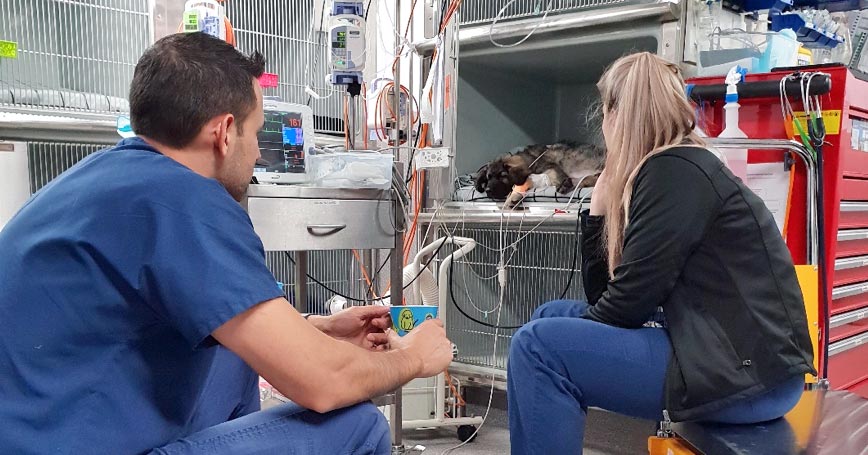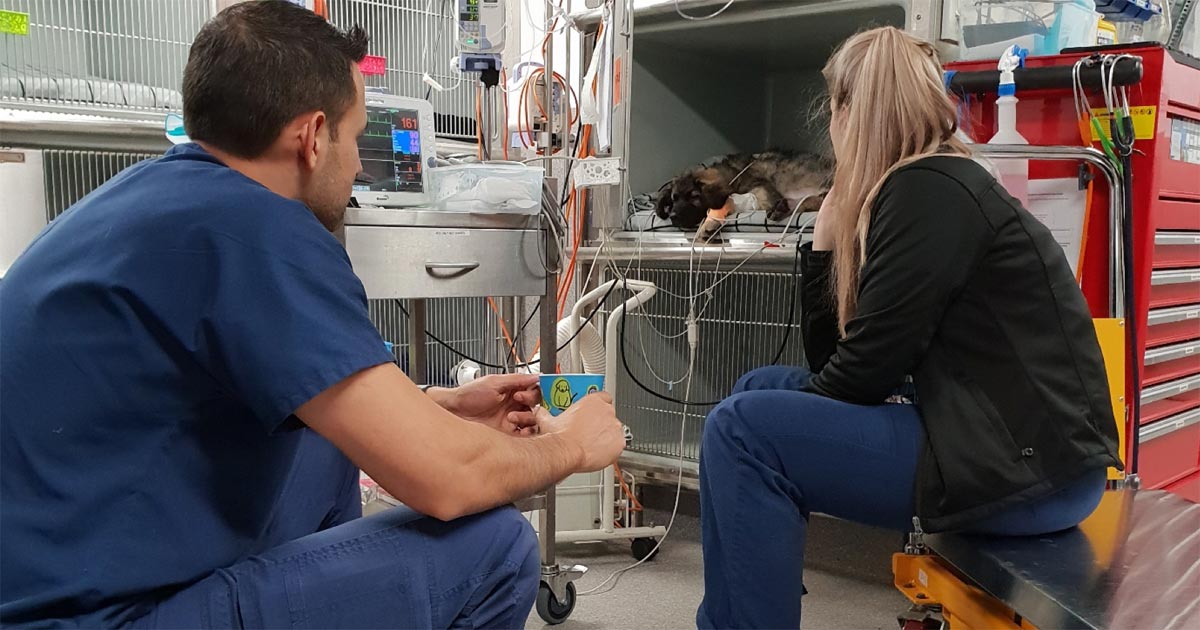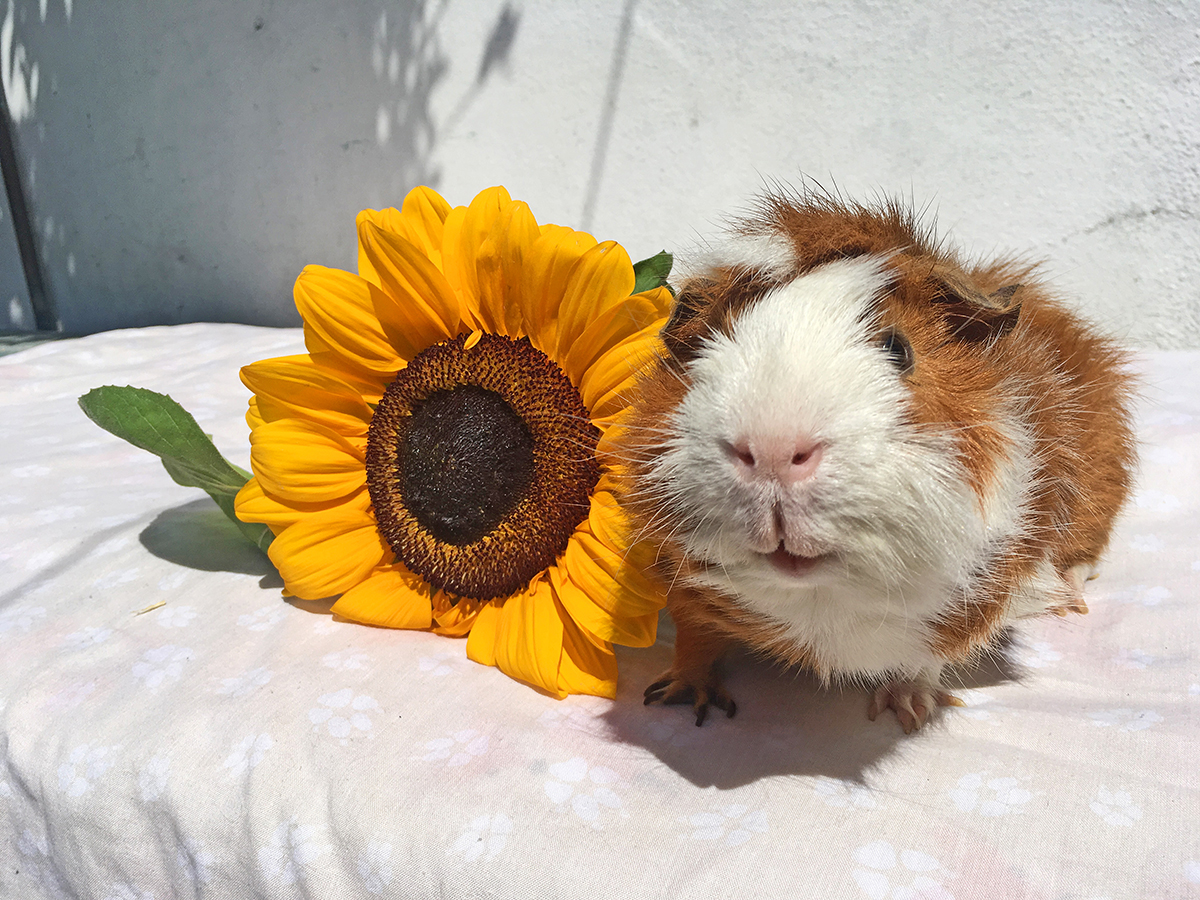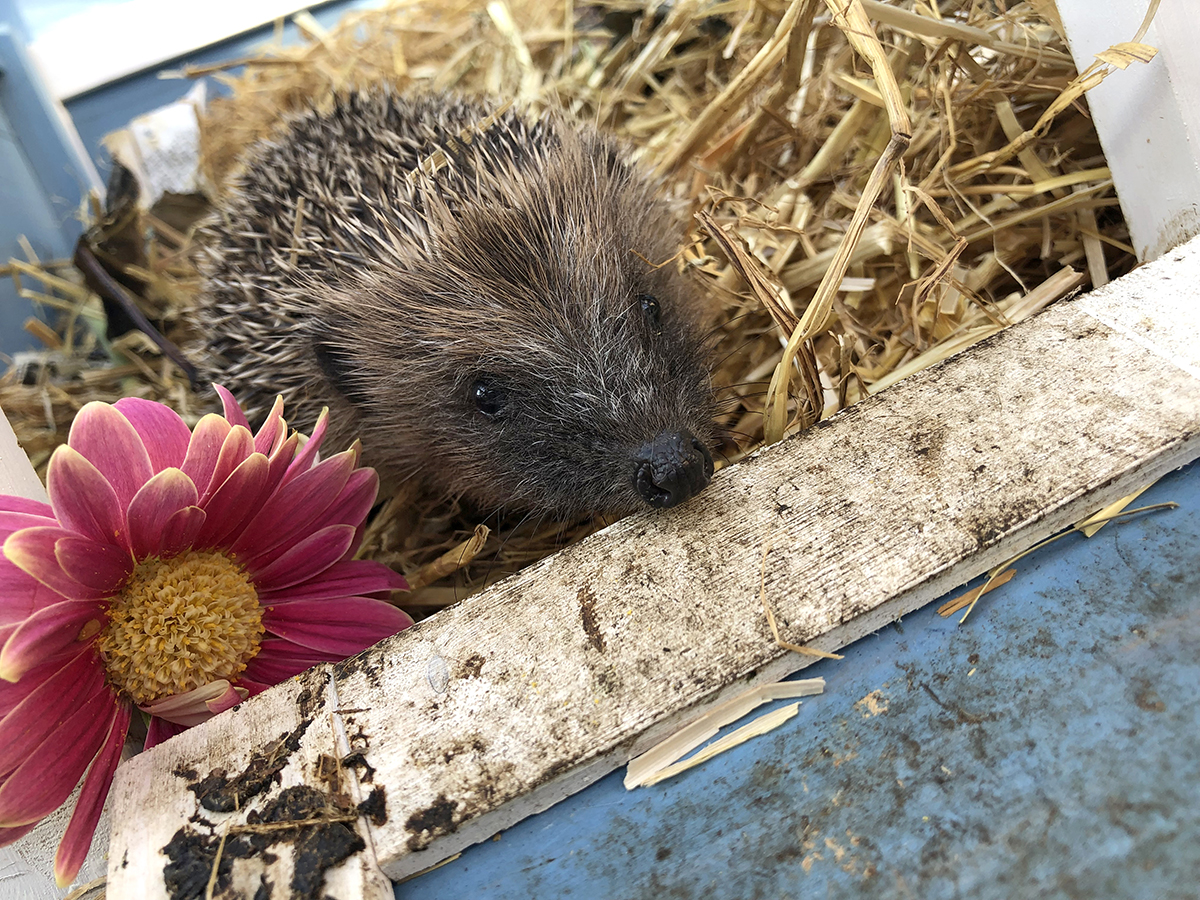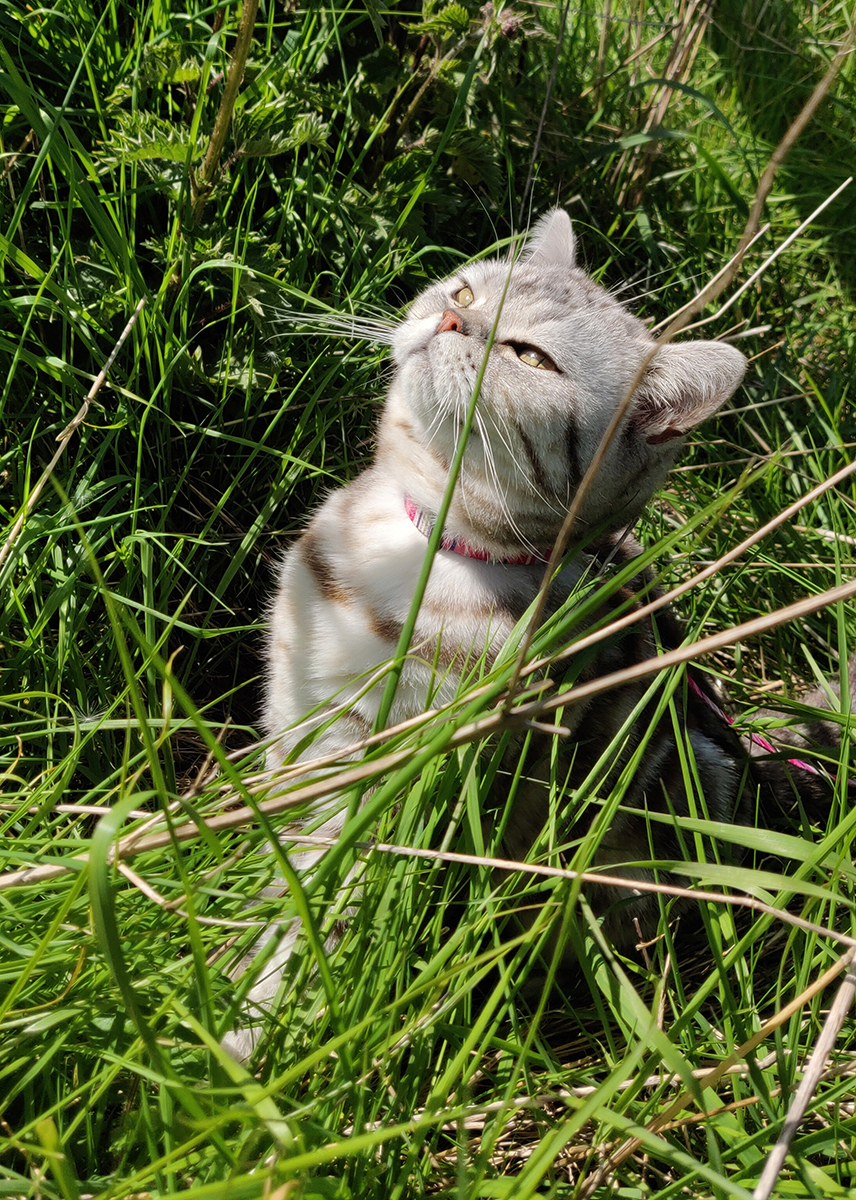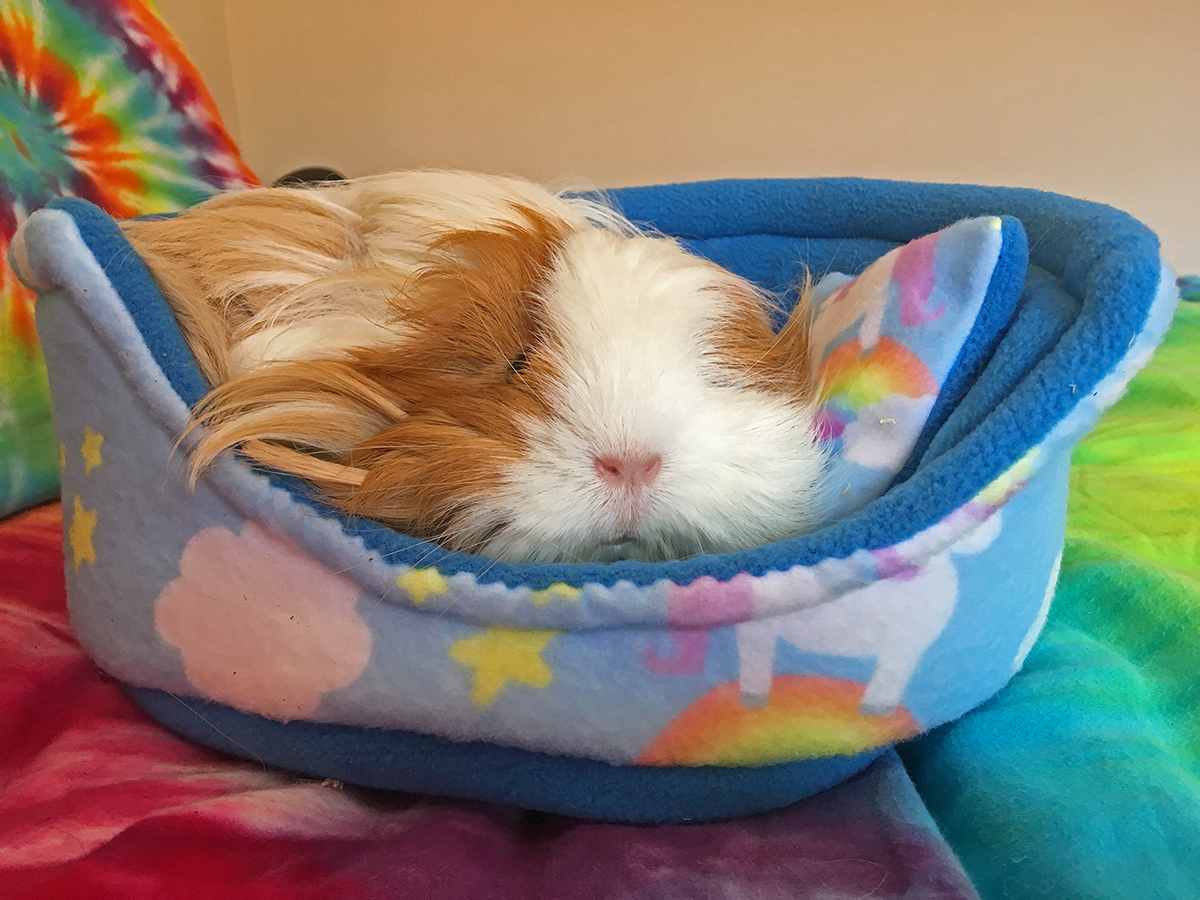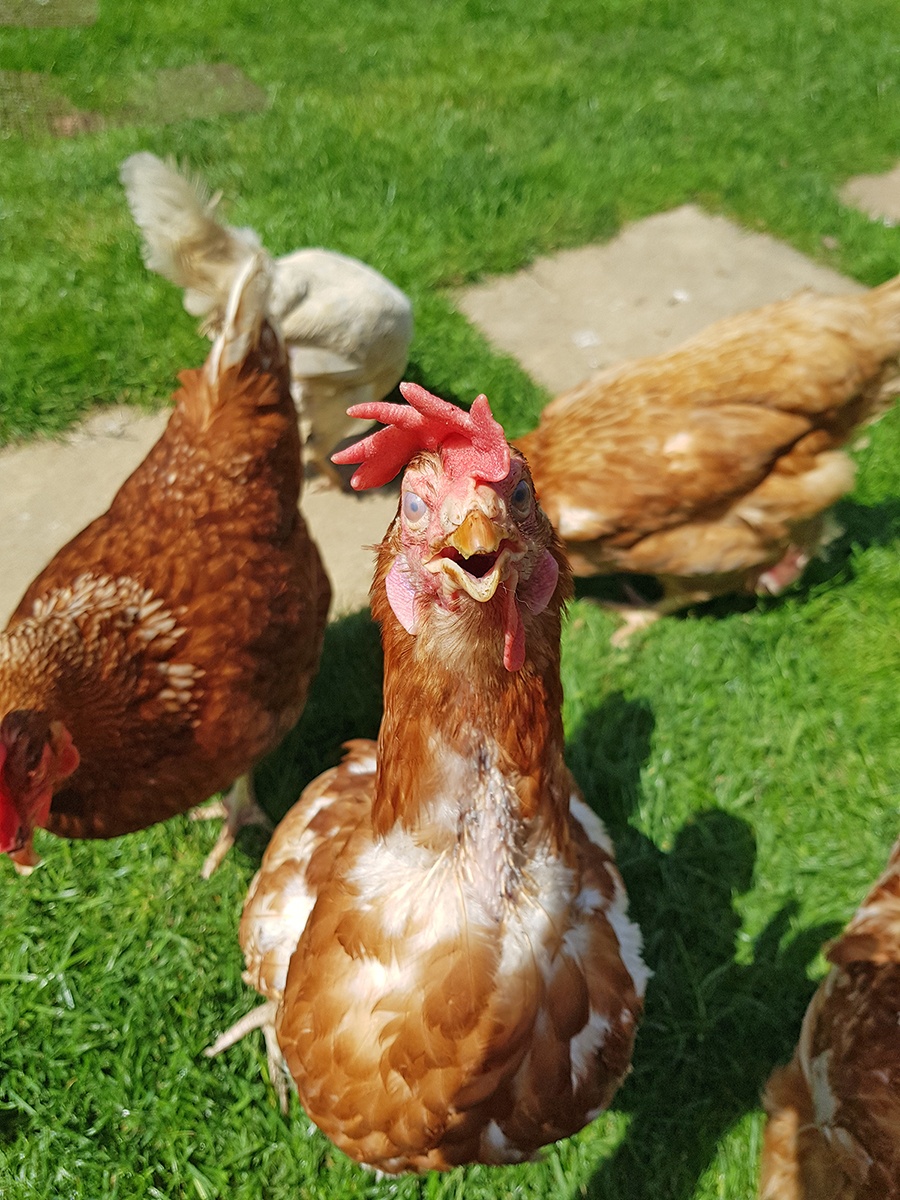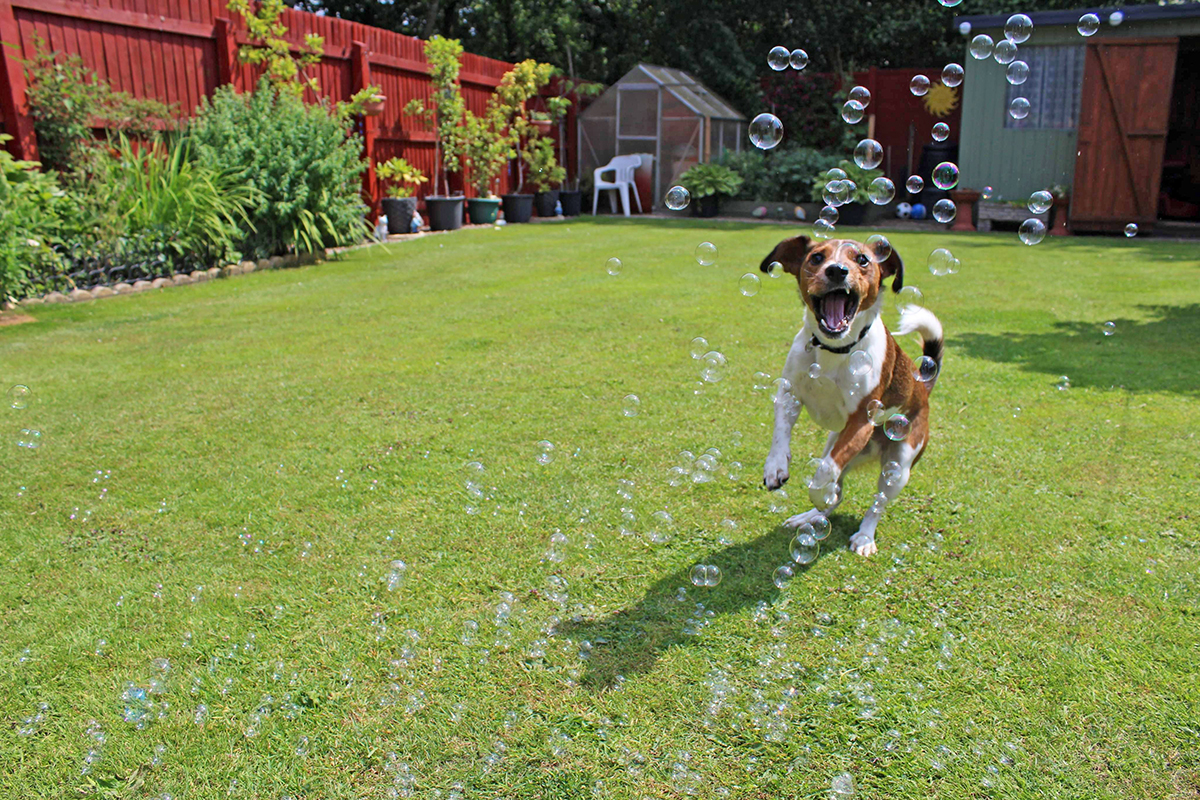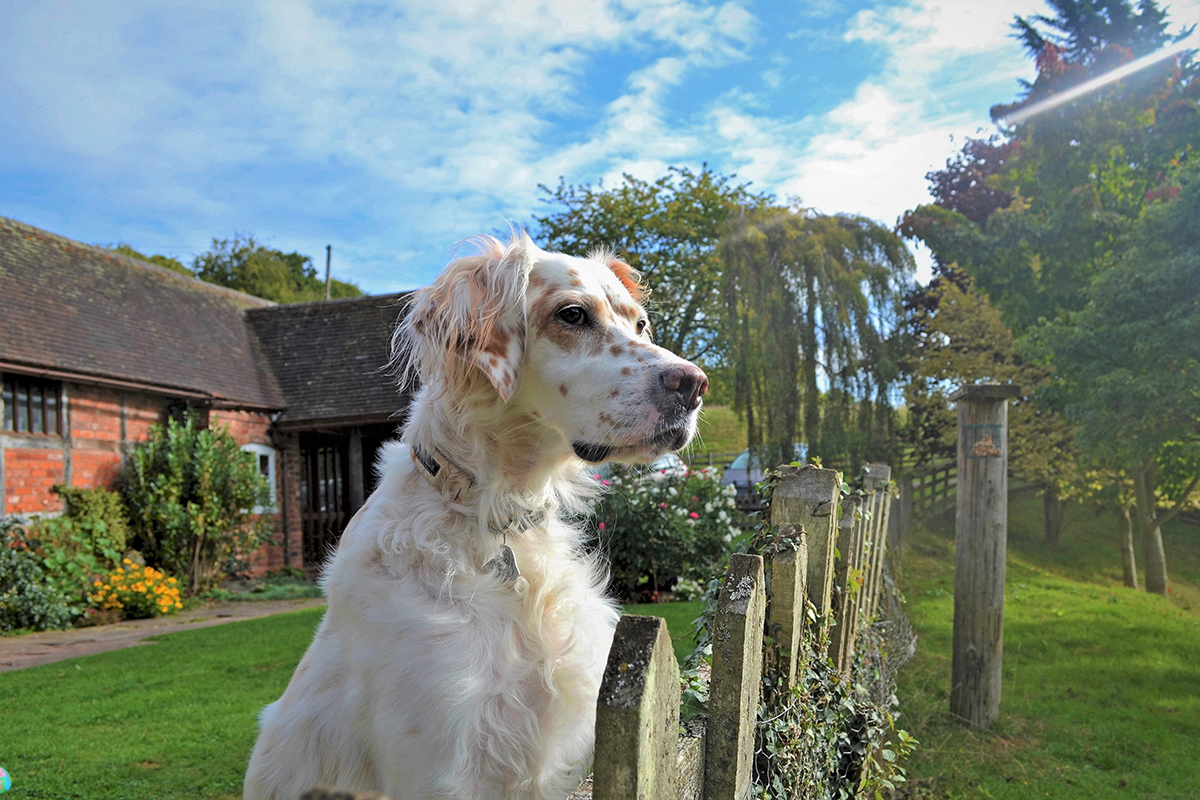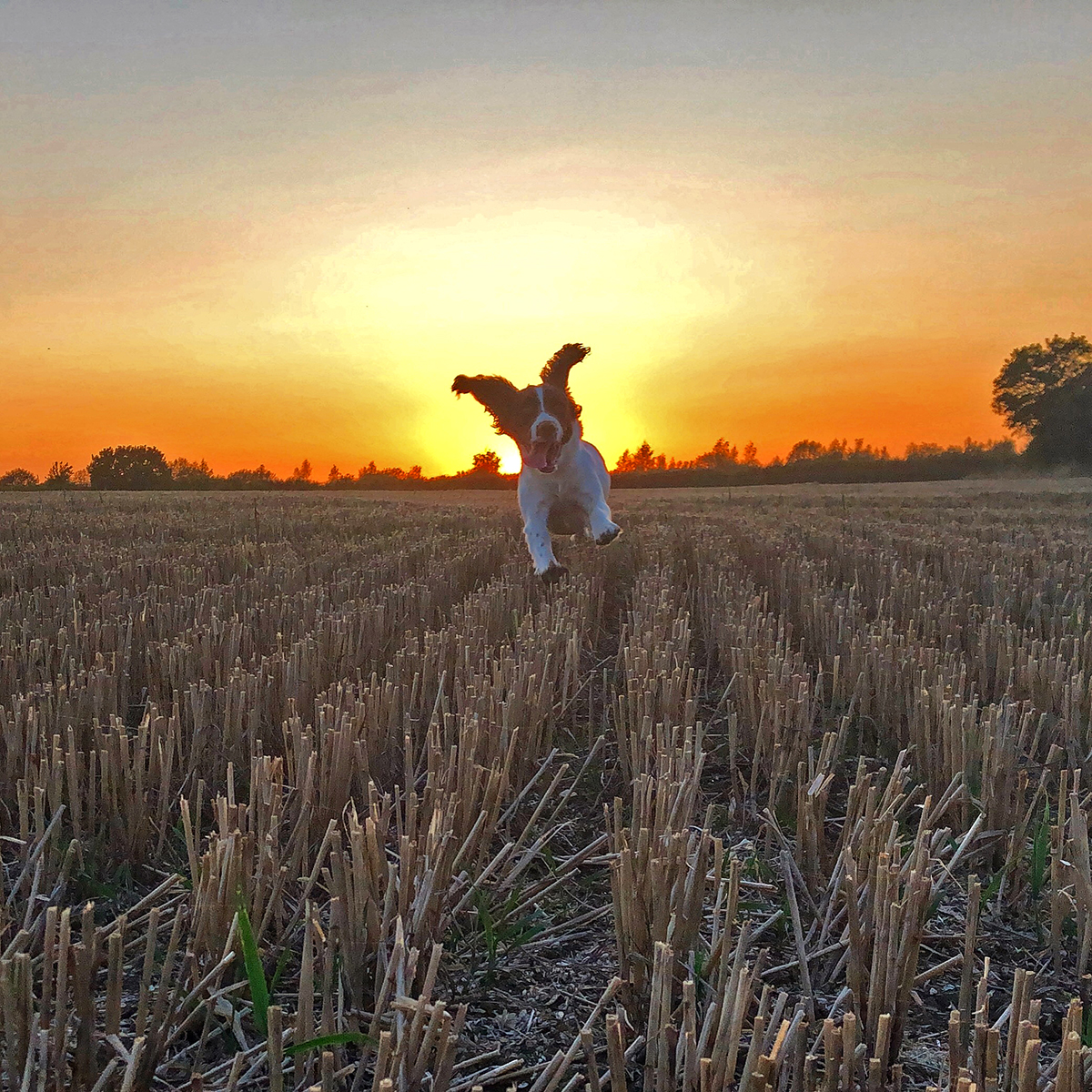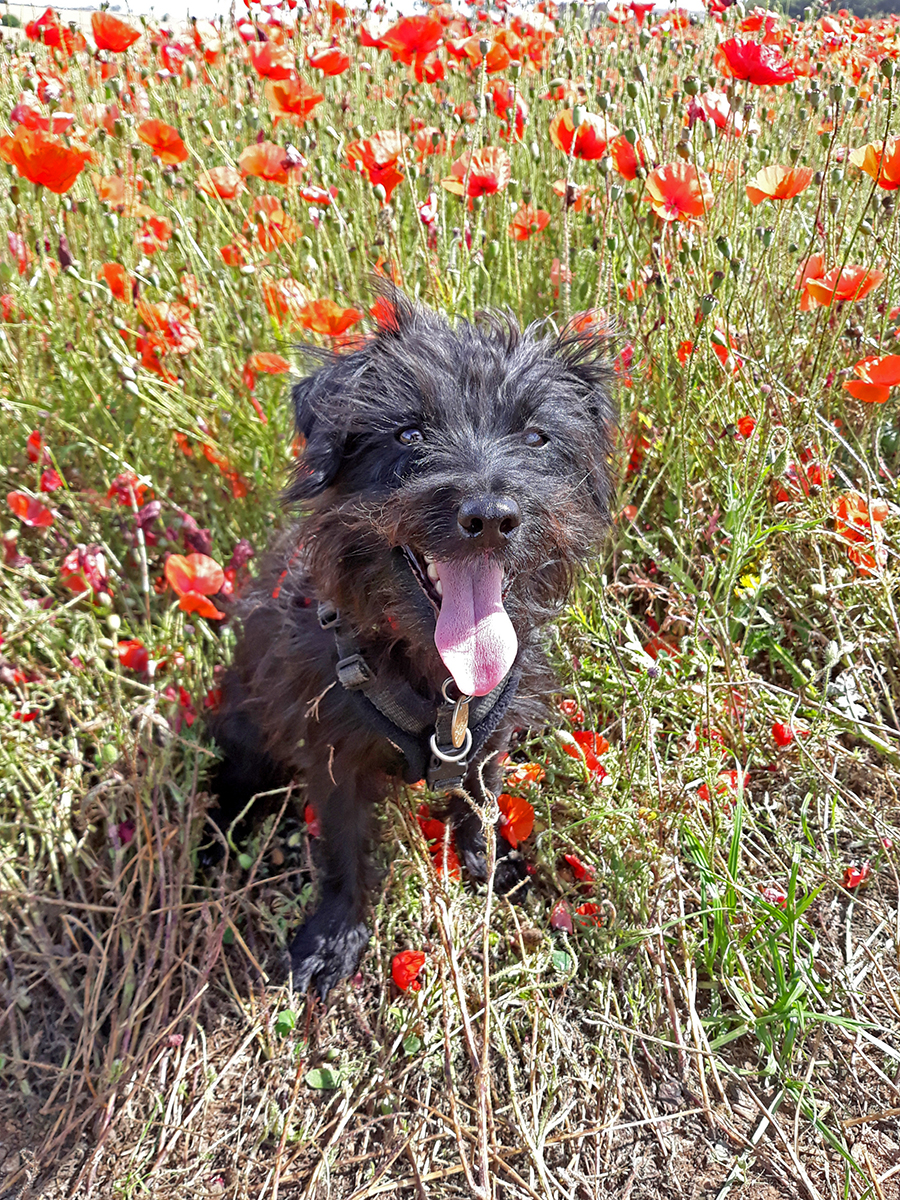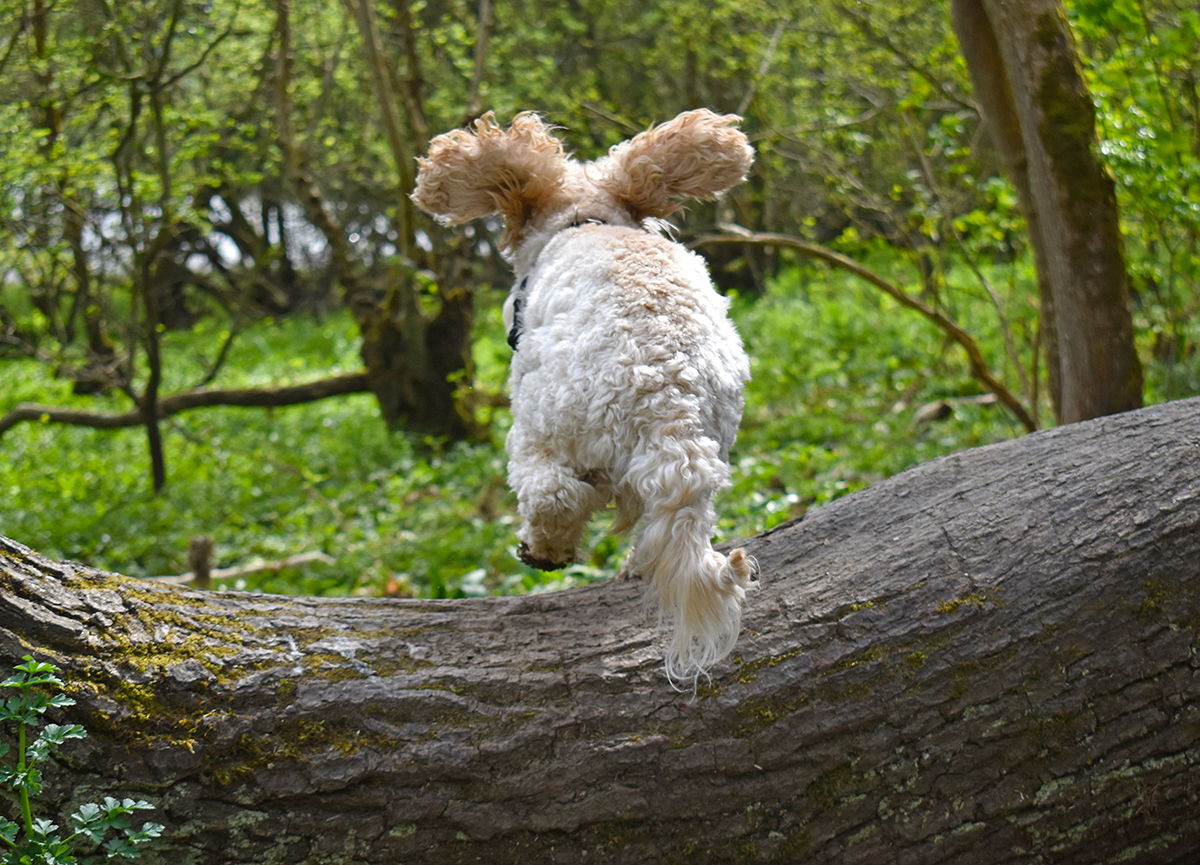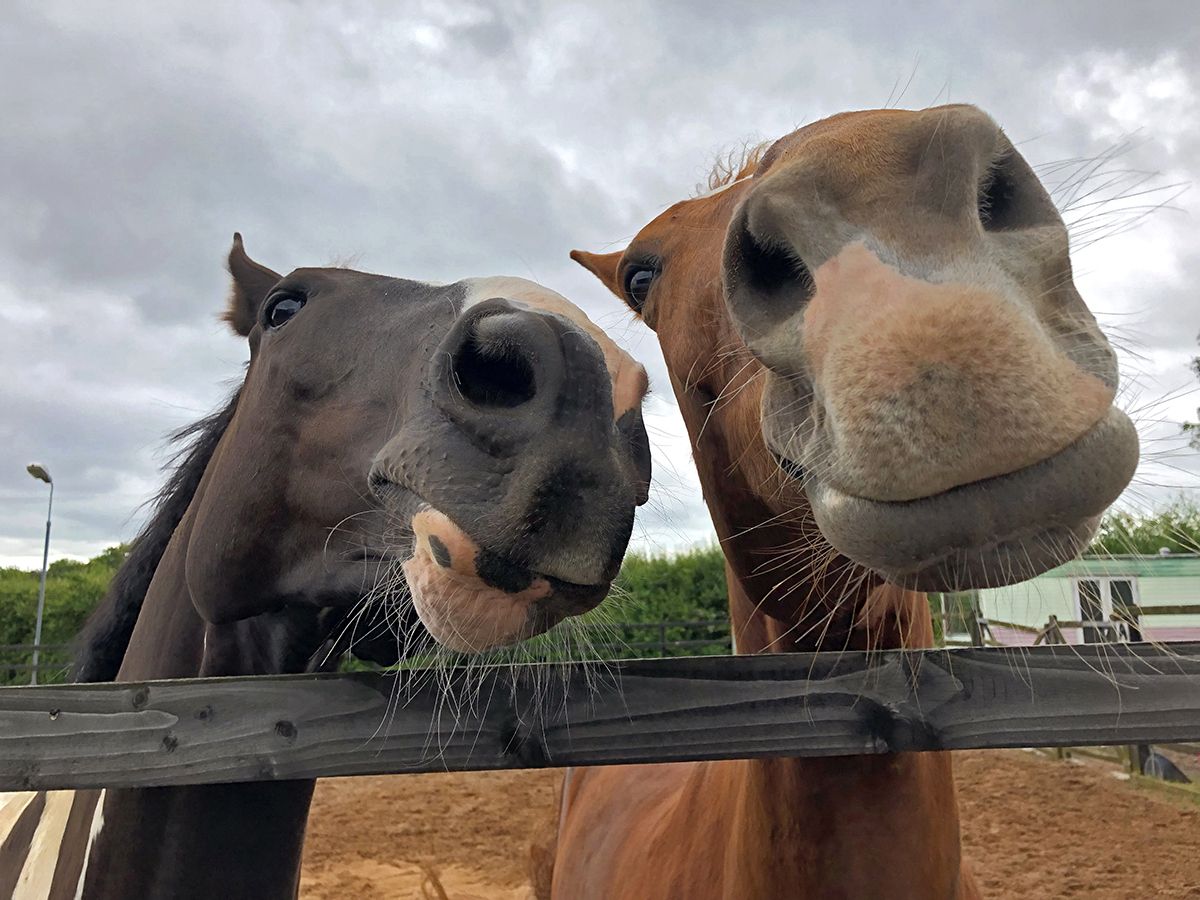Right now, a lot of vet students are heading towards their first mid-sessional exams – the first university level exams the majority of them will ever have experienced.
The rest of us have mid-sessionals, too, off course, and while we no longer have the luxury of ignorance and the bliss it comes with, these are no longer uncharted waters and we do have some advice.
Don’t
Panic
While, unlike other courses, the first year of veterinary medicine does technically “count”, you won’t be graded in the way the majority of students are. It’s a nice and clear-cut pass or fail system. Also, if you have the worst time with your mid-sessionals and don’t even reach that passing grade, there’s plenty of time for you to make that up with coursework and the summer exams, which will carry a lot more weight. Both the university and your faculty members understand the transition to university is a whirlwind, and these first exams while you’re still finding your feet might not reflect your best work; therefore, your mid-sessional results do not have to reflect the rest of your year.
Just talk – listen!
Nobody is going to send you into those exams blind! The uni will give you all of the information you need to know – it might be online, or in a lecture you didn’t go to because it didn’t look particularly important. A lot of the answers to your questions can be found just by paying attention.
Burn yourself out
I have been guilty of this. I can sometimes get so caught up in maximising my revision that I run out of steam with maybe a week or two still to go before the exams and realise, suddenly, I could have given myself a bit more slack. Be smart, kids; don’t be me.
Just revise the interesting stuff
It can be tempting to ignore revising the content that bores you or you can’t see the relevance of learning. Trust me when I say if you are being taught it, it is important and even if It seems like common sense, that doesn’t mean you shouldn’t even give it a glance when you come to revision.

Do
Talk to people
Right now, everyone around you is in the exact same boat, without a clue what’s going on. How much content in each lecture do we need to know? How are questions worded? How many questions are in a paper? What’s 2 + 2, again? Talk to each other, work with each other, make study groups and draw from each other’s strengths. Talk to your lecturers; you are allowed to ask them what kind of stuff they expect you to take away from their lectures. Talk to your personal tutors and staff members; they might be able to direct you towards some sample questions.
Start revising early on – and stay organised!
Know which notes are for which topic, and, maybe, even make a handy list of all of your most hated topics/lectures so you can maximise your study time.
Your best
I know it sounds super corny, but at the end of the day it’s all that you can do. You’ve made it into vet school so trust in yourself and your abilities. You can do this.



